A majority of Americans support the recognition of a Palestinian state, according to a survey conducted by Reuters and Ipsos.
The survey found that 59 per cent of Americans supported US recognition of the Palestinian state whereas just 33 per cent opposed it.
Party-wise, 80 per cent of Democrats and 41 per cent of Republicans expressed support for the recognition.
The survey’s findings indicate that President Donald Trump’s staunch opposition to Palestinian statehood and near-absolute support for Israel is highly unpopular with the American public. This also signals a gradual shift in American public opinion on the Israeli–Palestinian conflict, with more people beginning to criticise the Israeli occupation of Palestinian territories and becoming increasingly supportive of Palestinian causes.
ALSO READ: Despite growing recognition, Palestinian statehood remains elusive
After two years of war in the Gaza Strip, 60 per cent of Americans said that Israel’s actions were excessive.
In Gaza, tens of thousands of Palestinians have been killed and nearly the entire population displaced. Israel has also admitted that the number of civilian deaths is at least more than twice that of terrorists in Gaza.
Moreover, large swathes of towns and cities —including entire neighbourhoods— have been levelled either by Israeli bombardment or razing by soldiers on the ground. Earlier this year, a United Nations (UN) report stated that around 92 per cent of homes in Gaza have been destroyed or damaged.
As world recognises Palestinian state, Trump is increasingly isolated
In his opposition to the Palestinian state, Trump has become increasingly isolated as four-fifths of UN member-states —including some of the United States’ closest allies— have recognised the Palestinian state.
By last month, at least 157 UN member states had recognised the Palestinian state.
In the latest wave of recognition led by French President Emmanuel Macron, the United Kingdom, Canada, and Australia are among the developed countries that have recognised the Palestinian state this year.
Impact Shorts
More ShortsWaves of international recognition of the State of Palestine
| Period | Context and Events | Recognizing States |
|---|---|---|
| 1988–1989: Founding Declaration Wave | Following the Palestinian Declaration of Independence in Algiers; Arab, Non-Aligned, and socialist bloc alignment. | Algeria, India, China, USSR, Arab League members, and most of Africa and Asia (about 83 countries) |
| 1989–1998: Post–Cold War and African-Post-Soviet Expansion Wave | As new states emerged from the Soviet and Yugoslav dissolutions and South Africa ended apartheid, several recognized Palestine to align with non-aligned principles and peace diplomacy. | Rwanda, Ethiopia, Benin, Equatorial Guinea, Kenya, Vanuatu, Philippines (1989); Eswatini (1991); Kazakhstan, Azerbaijan, Turkmenistan, Georgia, Bosnia and Herzegovina (1992); Tajikistan, Uzbekistan (1994); Papua New Guinea, South Africa, Kyrgyzstan (1995); Malawi (1998) |
| 2004–2012: Latin American and UN Observer Status Wave | Driven by Latin American diplomacy and Palestine’s UN efforts culminating in its 2012 observer status. | Timor-Leste (2004); Costa Rica, Lebanon, Ivory Coast (2008); Venezuela, Dominican Republic (2009); Argentina, Bolivia, Ecuador (2010); Chile, Brazil, Uruguay, Paraguay, Suriname, Peru, Lesotho, Liberia, South Sudan, Syria, and others (2011–2012) |
| 2014–2015: Northern European and Vatican Wave | Post-Gaza war, Sweden’s recognition and Vatican’s followed suit. | Sweden (2014); Vatican, Saint Lucia, Colombia, Saint Kitts and Nevis (2015–2019) |
| 2023–2024: Global South and European Resurgence Wave | Renewed recognition amid Gaza war and humanitarian outrage. | Mexico (2023); Barbados, Jamaica, Trinidad and Tobago, Bahamas, Norway, Ireland, Spain, Slovenia, Armenia (2024) |
| 2025: Western Diplomatic Breakthrough | Coordinated recognitions during the UN and New York Two-State Conference. | UK, France, Canada, Australia, Portugal, Luxembourg, Belgium, Andorra, Malta, Monaco, San Marino |
Recognition of the Palestinian state has surged since the war began in the Gaza Strip.
In the wake of death and devastation in Gaza, more and more countries have acknowledged that ending the war is not enough and have stated that the Israeli-Palestinian conflict must also be addressed, as Firstpost’s Madhur Sharma previously noted.
The current wave of recognition of the Palestinian state shows that more and more countries realise the question of Palestine cannot be put on the backburner forever, according to Muddassir Quamar, a scholar of the Israeli–Palestinian conflict at the Centre for West Asian Studies, Jawaharlal Nehru University (JNU), Delhi.
Quamar previously told Firstpost, “It is also a message to Israel that they do not condone the death and destruction in Gaza. Even though the rising recognition has not changed Israel’s actions, it ensures the question of Palestine is not forgotten — even if no breakthrough is expected anytime soon.”


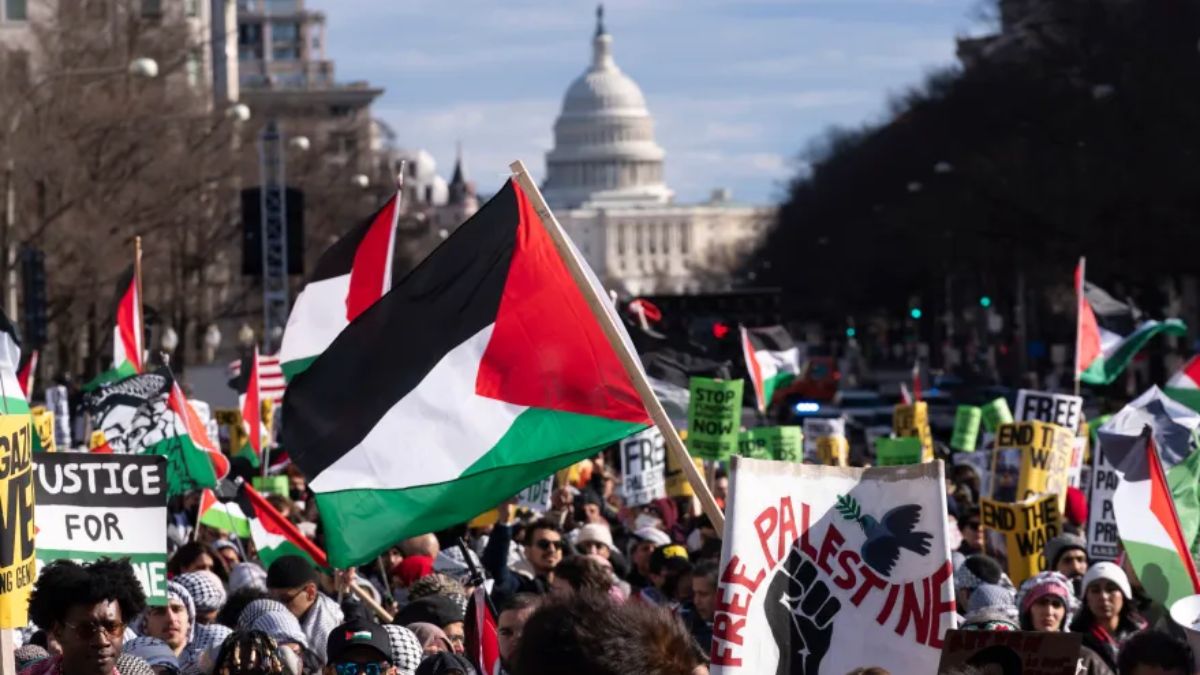)
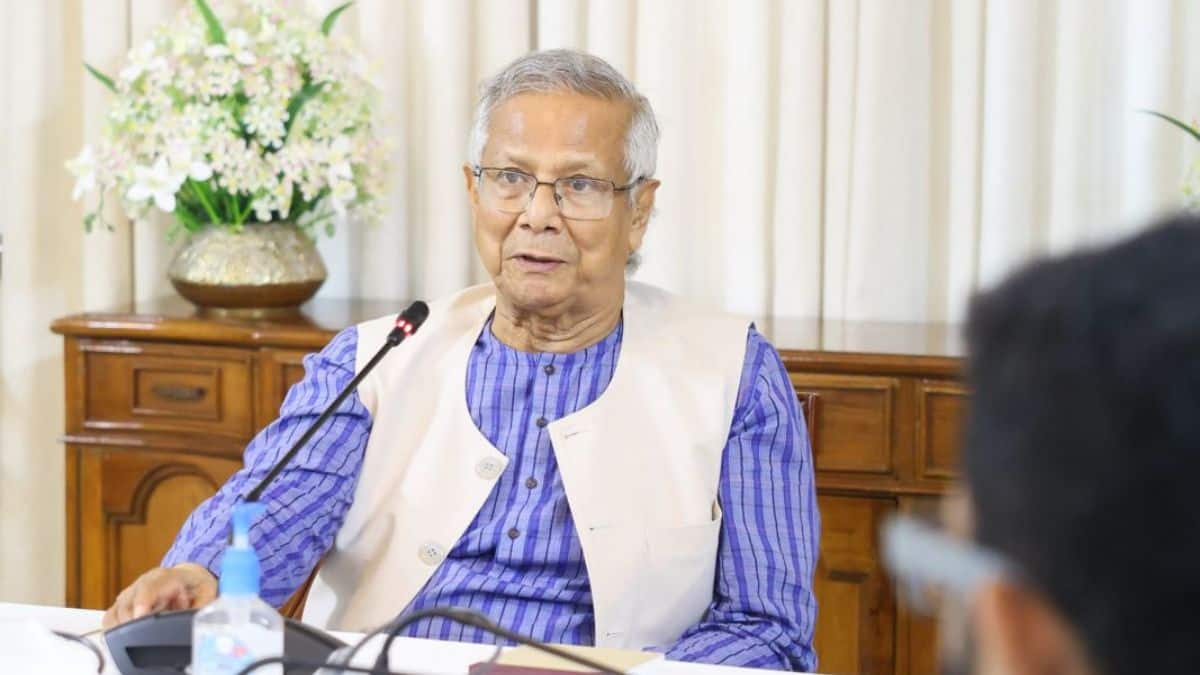
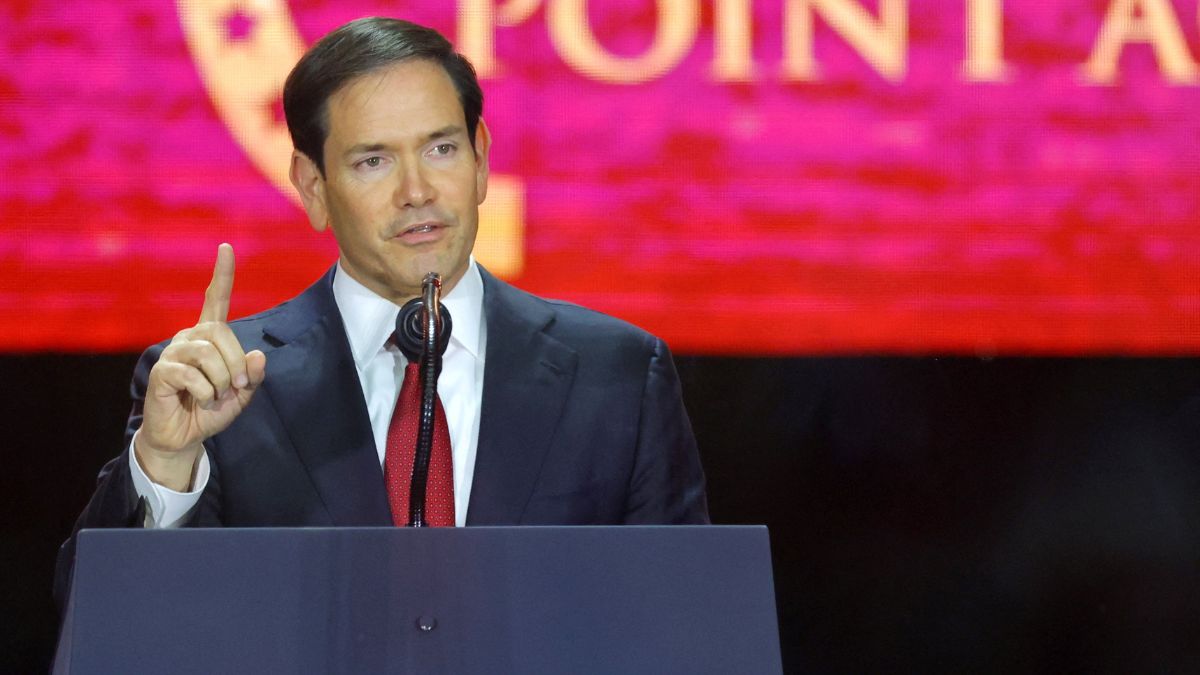)
)
)
)
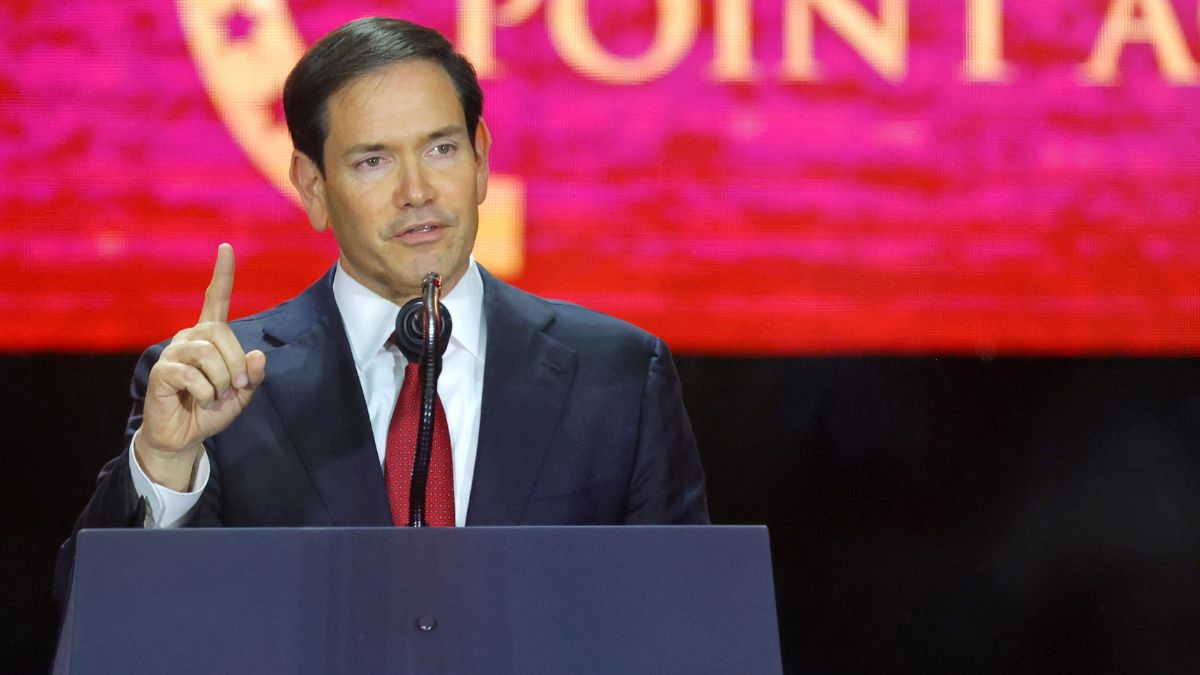)
)
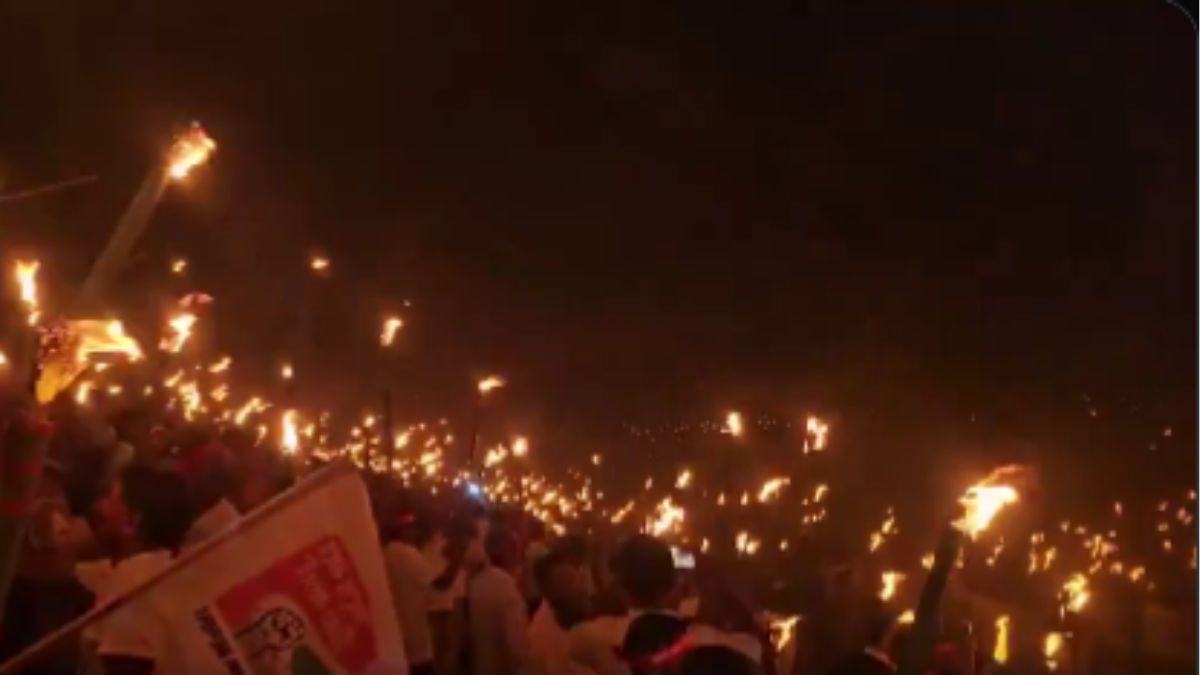)
)



